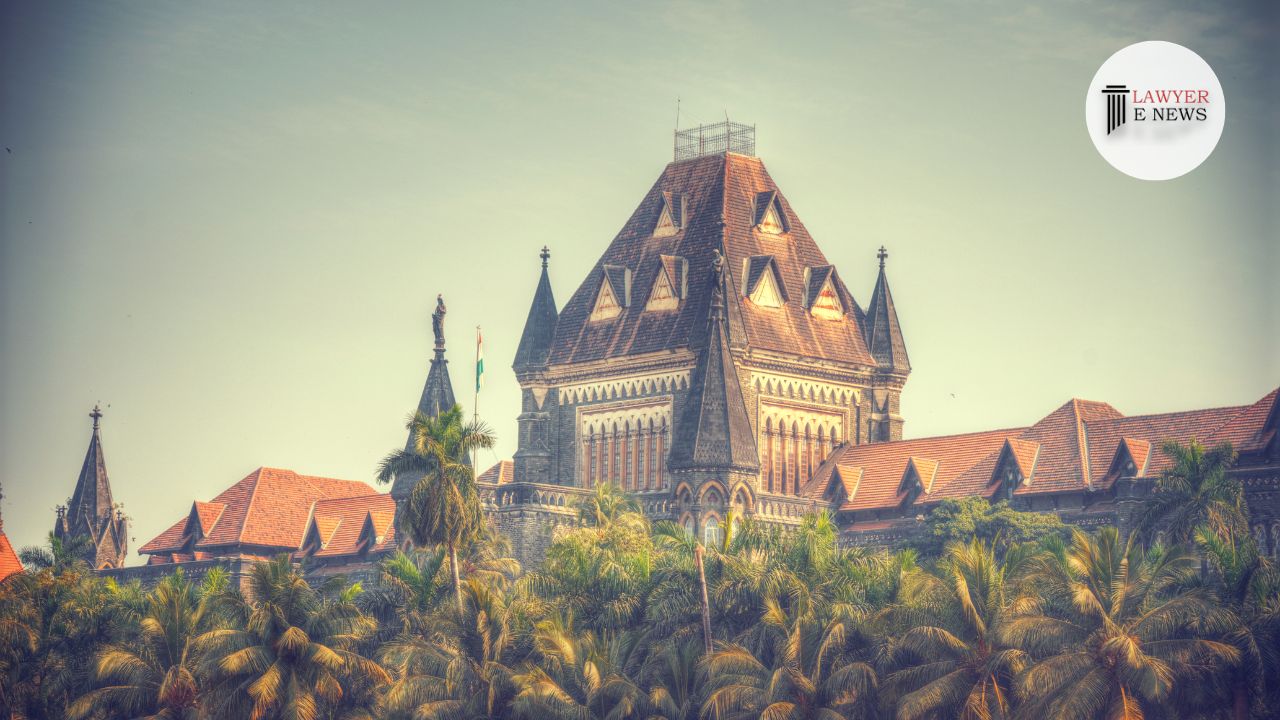-
by Admin
15 February 2026 5:35 AM



In a significant ruling, the High Court of Judicature at Bombay Nagpur Bench, Nagpur, held the Union of India's South Central Railway responsible for compensating the family of a deceased passenger in a tragic untoward incident. The court, in First Appeal No. 57 of 2023, overturned the judgment of the Railway Claims Tribunal and directed the respondent to pay compensation of Rs. 8,00,000/- along with interest.
The case involved the untimely demise of Dilip Dhaneshwar Rajak, a bona fide passenger on train No. 07008 (Darbhanga to Secunderabad) Express. On 21/07/2018, while the train was passing Makodi railway station, an unfortunate incident occurred. Smoke and fire engulfed the bogie, prompting the passengers to seek help. Some passengers pulled the emergency chain, forcing the train to stop. In the chaos that ensued, Dilip, along with others, alighted from the train and sought refuge on the railway track.
Tragically, another train, No. 16317 Himsagar Express, struck Dilip, resulting in his immediate demise. The grieving parents, Dhaneshwar Rajak and Lila Devi, filed a claim application before the Railway Claims Tribunal, seeking compensation of Rs. 8,00,000/- along with interest from the date of the accident. They argued that the incident occurred due to the negligence of the respondent railway.
The Railway Claims Tribunal, however, dismissed the claim, asserting that the deceased was not a bona fide passenger and failed to provide a valid ticket. The tribunal opined that the incident did not qualify as an untoward incident under Section 124-A of the Railway Act, absolving the railway of liability.
The High Court, upon hearing the appeal, considered the evidence presented by the claimants. The deposition of a co-passenger, Jaikishan Singh, established that Dilip and he were bona fide passengers, holding valid tickets for their journey. The court noted that the absence of a ticket does not conclusively prove that the passenger was not bona fide, and the burden shifts to the railway to disprove the claim of a valid ticket.
Referring to previous judgments, the court emphasized the strict liability of the railway in compensating victims of untoward incidents. It held that the incident in question fell within the purview of Section 124-A of the Railway Act and that the railway failed to establish any exceptions to its liability. Therefore, the court set aside the tribunal's order and directed the respondent Union of India to pay Rs. 8,00,000/- to the claimants, along with 6% interest from the date of filing the application.
This judgment serves as a reminder of the railways' responsibility to ensure passenger safety and the need to compensate victims and their families in the event of untoward incidents. The court's decision reaffirms the principle of strict liability and the importance of establishing a liberal and wider interpretation of the law in favor of the claimants.
Date of Decision: 12/06/2023
Dhaneshwar Rajak vs Union of India
